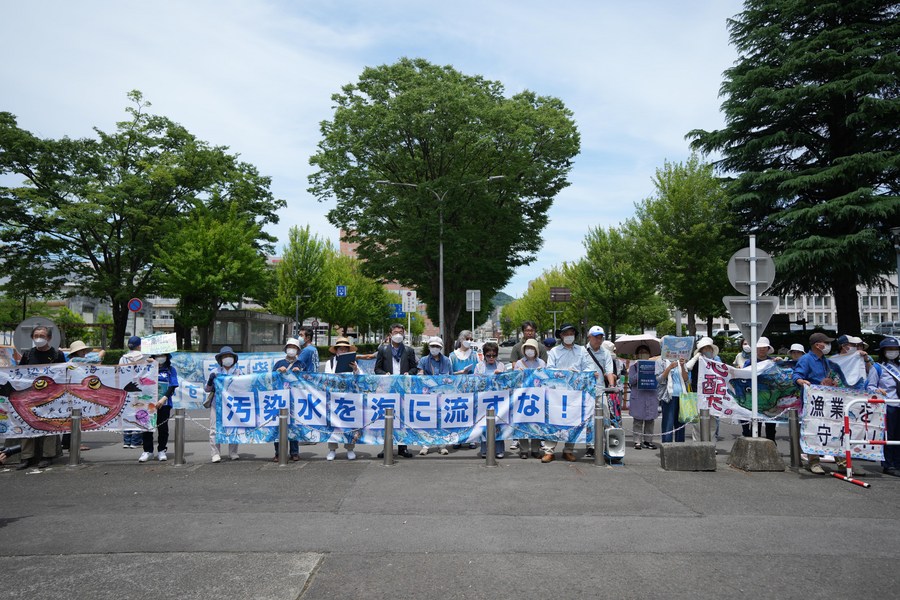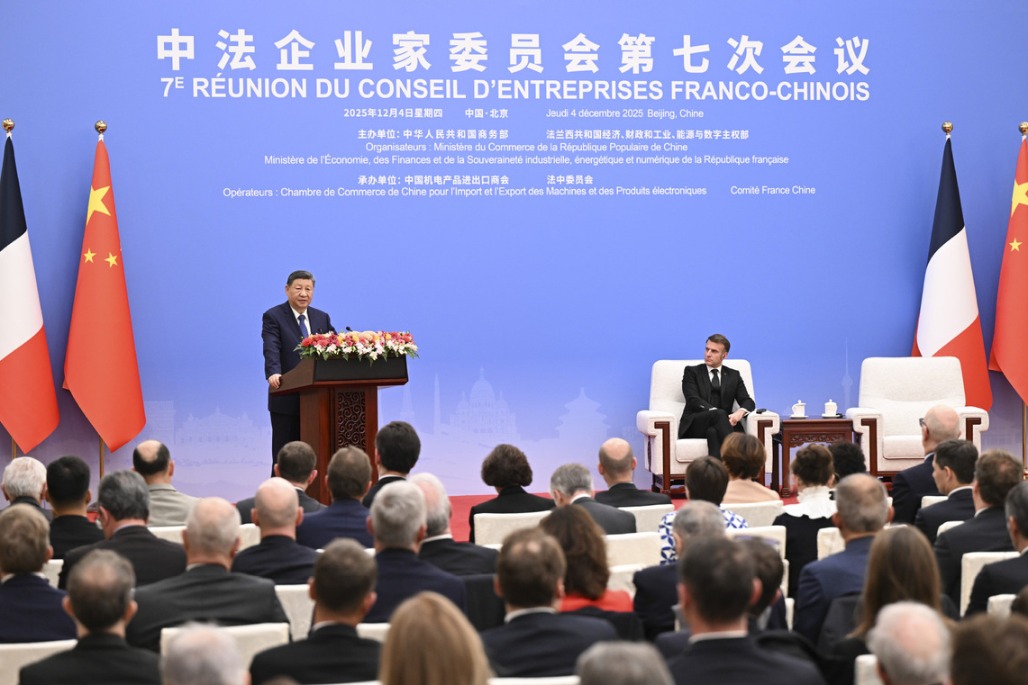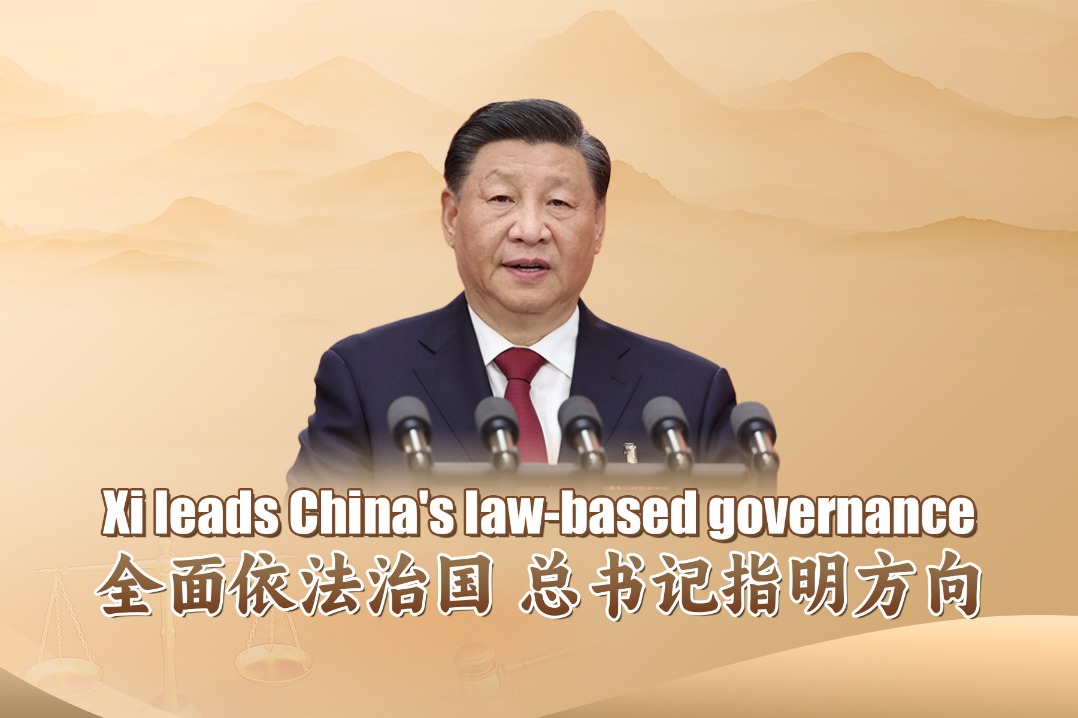Experts see danger in toxic water release
China Daily | Updated: 2023-07-15 07:34

WELLINGTON — The danger of indiscriminately releasing nuclear fission products into the ocean is that the products can find their way into the food chain, a New Zealand scientist said on the impending discharge of radioactive-contaminated cooling water from Japan's Fukushima Daiichi Nuclear Power Plant into the Pacific Ocean.
"Once in the food chain, the longlived nuclear fission heavy nuclei like cesium-137, strontium-90, and iodine-131 tend to concentrate in human muscle, bones and thyroid, respectively. Cancers can be the result," David Krofcheck, senior physics lecturer at the University of Auckland, said.
Tony Hooker, director of the Centre for Radiation Research, Education and Innovation at the University of Adelaide in Australia, said there is a growing question regarding the use of the sea as a dumping ground when oceans are already stressed and struggling.
"Dilution is no longer the solution to pollution," Hooker said, adding that the Pacific Islands Forum scientific panel has proposed to use the wastewater to make concrete, therefore locking up the residual radioactive tritium.
"Japan's plan to begin releasing the treated, contaminated cooling water into the Pacific Ocean is premature and presently, ill-advised," Robert Richmond, director of the Kewalo Marine Laboratory at the University of Hawaii at Manoa, said.
"The peoples of the Pacific did not contribute to the present problems and have nothing to gain from Japan's plan for the contaminated water release over the next 30 years, but have much at risk for generations to come," he said, adding that it is in violation of the precautionary principle as well as transboundary safety considerations.
Media reports said Japan has set up a special fund of 80 billion yen ($578.1 million) to subsidize the fishing industry in Fukushima.
Commenting on these reports, Chinese Foreign Ministry spokesman Wang Wenbin said on Friday the Japanese government's attempt to buy silence from its people with money while turning a blind eye to the safety of people in neighboring countries and Pacific Island nations will only lead to stronger questioning and opposition from the international community.
"If there is no problem with the nuclear-contaminated water that Japan plans to discharge into the sea, then why would the fishing industry in Fukushima be affected? If the Japanese government is not guilty about the discharge plan, then why did it prepare compensation fees to pacify people? This can only mean that there are indeed significant problems," Wang said.
Mo Jingxi contributed to this story.
























